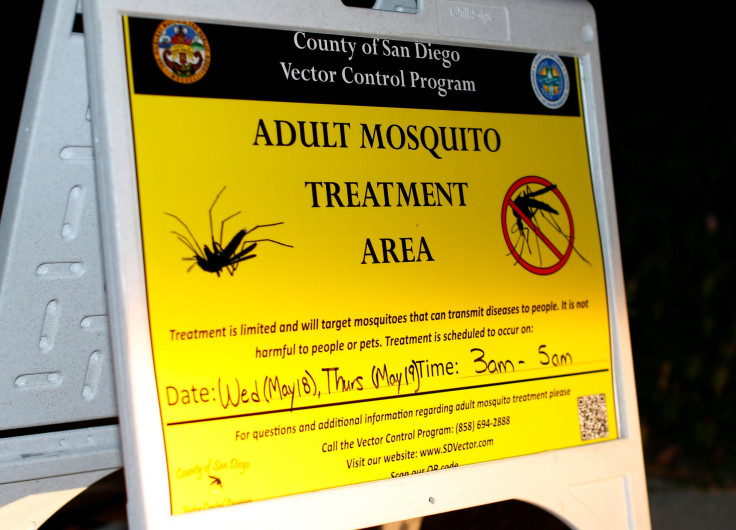Zika virus infection warning for Rio Olympics 2016 Australian returnees; Condoms and safe sex a must

Australians returning from the RIO Olympics 2016 are being reminded to practise safe sex in order to prevent the possible spread of the Zika virus. Even though people mainly contract the virus via Aedes aegypti mosquito bites, there is also a low risk of person-to-person transmission through sexual activity, Federal Health Minister Sussan Ley warned.
Ley has encouraged fellow Australians returning from Brazil to be both conscious and cautious about potential exposure to the virus. Zika is highly-prevalent in Brazil and there are chances that people were bit by mosquitoes there while they were enjoying the Rio Olympics.
However, Ley assured there is no need to panic and that people simply need to follow simple tips laid down by the Australian government to help identify Zika symptoms and minimise transmission. Generally, Zika cases show mild flu-like symptoms or no symptoms at all.
Australian health authorities have urged Rio Olympics returnees to completely avoid unprotected sex for at least eight weeks. This period should be extended to six months if a person is diagnosed with Zika, writes News.com.au.
Women who attended the Olympics in Rio and found themselves to be pregnant after returning must visit the doctor immediately for medical advice. The Zika virus is known to cause severe birth defects including microcephaly.
Pregnant women whose partners visited Rio should not indulge in unprotected sex for the duration of pregnancy. In 2016 till date, 44 cases of Zika have been confirmed in Australia and all of them were acquired overseas.
Authorities are not leaving anything to chance and have implemented tough measures at first points of entry across Australia. This has been done to minimise the risk of mosquitoes getting imported. They are also performing regular pest control of all aircrafts arriving in Australia.
“We are absolutely vigilant with every aircraft coming in that may be carrying mosquitoes. [This includes] disinfection of all aircraft arriving in Australia, vector monitoring and control activities at the border and mandatory treatments of high-risk international cargoes to mitigate the risk,” Ley told the ABC.





















